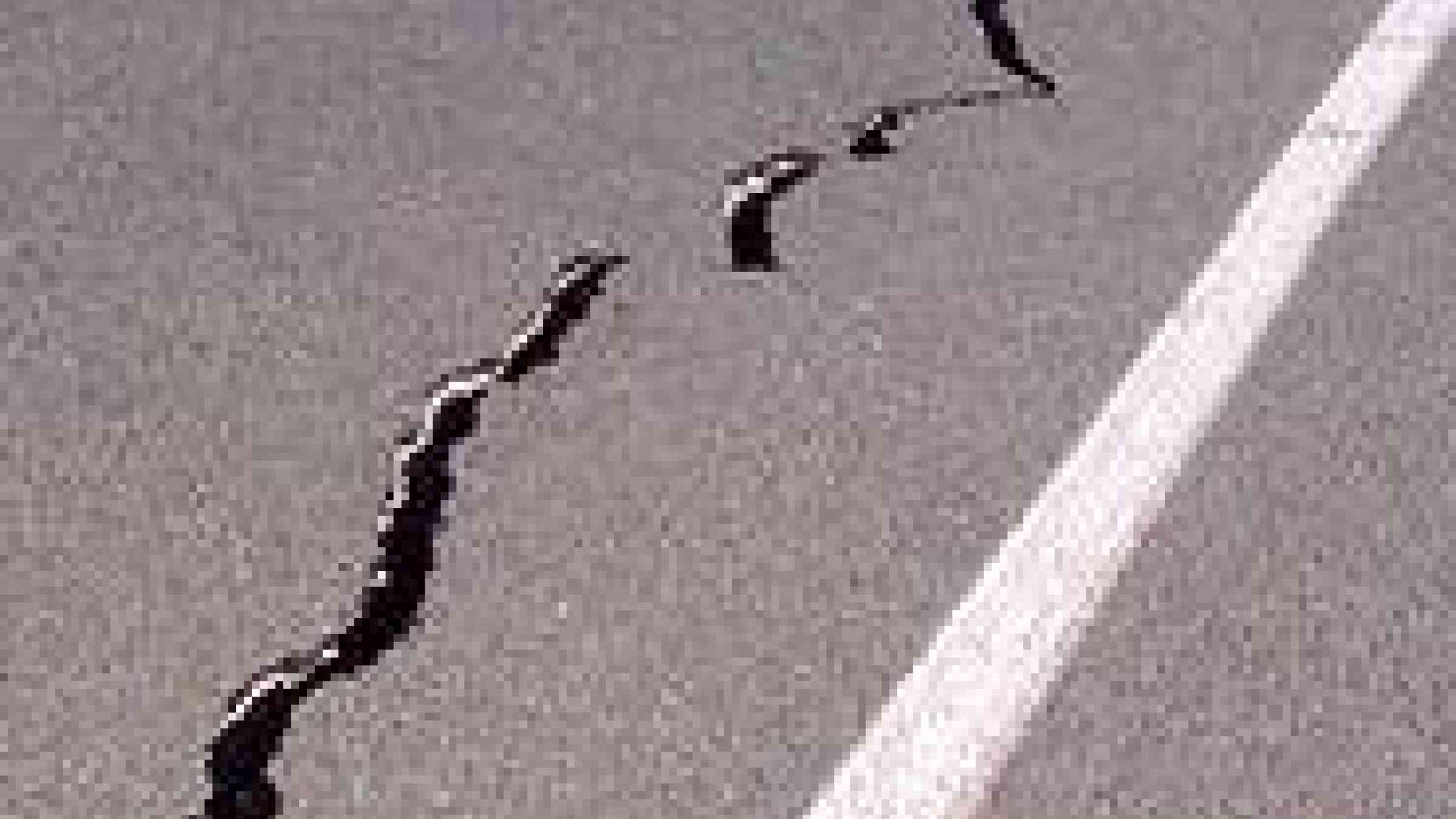Please help us improve PreventionWeb by taking this brief survey. Your input will allow us to better serve the needs of the DRR community.
Philippines: 'Mobilize community leaders for earthquake preparedness' - Legarda

Photo by Digitalsadhu Richard Walker CC BY-NC 2.0 http://www.flickr.com/photos/digitalsadhu/4955746378/in/photostream/
Press release
Senator Loren Legarda today emphasized the need to prepare citizens for the occurrence of earthquakes as a 5.2-magnitude temblor jolted Masbate, Albay and Sorsogon on Tuesday, exactly a month after the province of Negros Oriental was devastated by a 6.9-magnitude tremor.
"In the event an earthquake occurs, the primary instinct is to ensure one's survival. And as a principal mandate, the government must guarantee the protection of the country's citizens," Legarda said.
"Thus, it is important that people are aware of what they must do, which means how they can protect themselves in the event a disaster occurs, and must be informed of the government's disaster preparedness plans, meaning, citizens should know where to go to and what are the assistance available to them," she added.
Noting the recent earthquake drill that was conducted simultaneously in select areas in the country and was led by the National Disaster Risk Reduction and Management Council (NDRRMC), the Senator said that barangay leaders should already be mobilized to conduct disaster preparedness training such as quake drills, which must be done at least twice a year in all communities nationwide.
Likewise, regular earthquake drills must be conducted in schools and hospitals, where the most vulnerable citizens are, so that schoolchildren and the occupants of health-care institutions, their administrators, operators and personnel would know the proper response and actions to take in cases of temblors and other hazardous phenomena.
"We need to tap our local leaders who have more knowledge on the vulnerability of their communities and are likely able to enjoin their neighbors to take part in emergency preparedness efforts. Local leaders will also be able to determine the safest refuge--in the instance of tremors, to locate open spaces and suitable evacuation centers. We cannot prevent the occurrence of natural hazards, but we can prevent the loss of lives and damage to livelihood and properties if we make our communities prepared against earthquakes or any kind of disaster," Legarda concluded.
Explore further
Please note: Content is displayed as last posted by a PreventionWeb community member or editor. The views expressed therein are not necessarily those of UNDRR, PreventionWeb, or its sponsors. See our terms of use
Is this page useful?
Yes No Report an issue on this pageThank you. If you have 2 minutes, we would benefit from additional feedback (link opens in a new window).